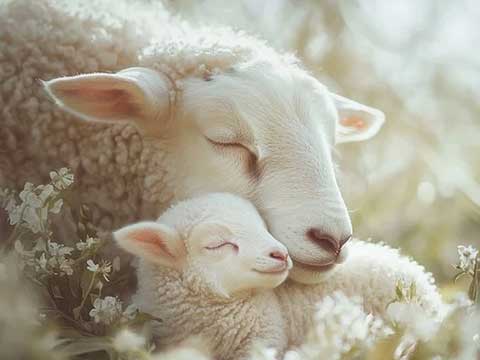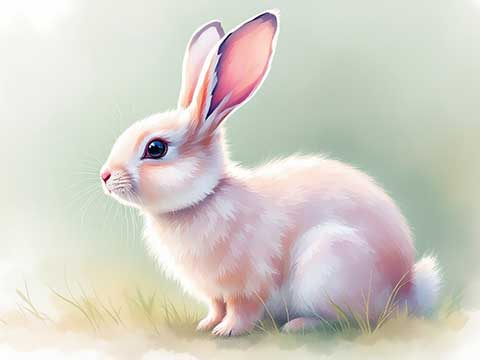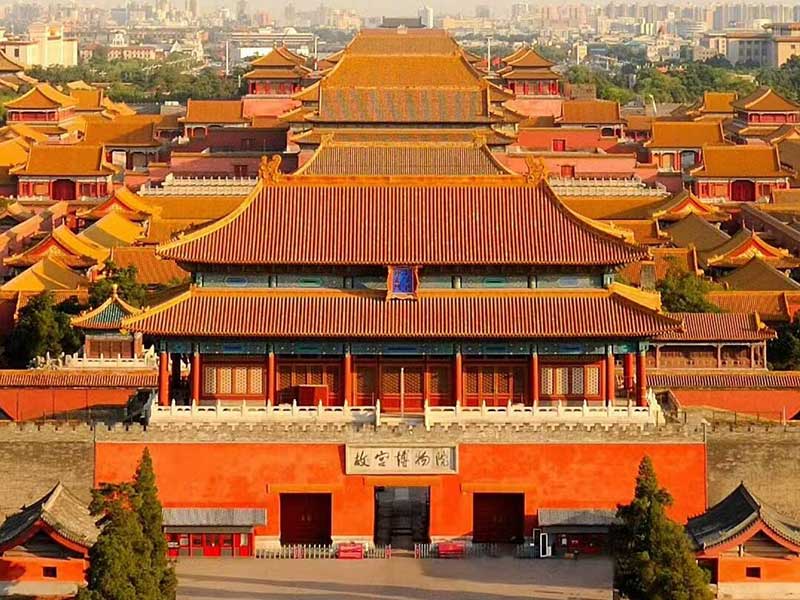The sheep is the eighth animal in the Chinese zodiac, corresponding to the "wèi" in the twelve earthly branches. In the twelve hours of a day, "wèi shí" refers to the time from 1:00 to 3:00 in the afternoon, also known as the "sheep time." In the Book of Changes, "Dui" is associated with the sheep. In the Five Elements, the sheep belongs to the fire element, so it is called "fire animal."
In Chinese traditional culture, the sheep is not only a common animal but also carries rich myths and cultural symbolism. Like Prometheus in Greek mythology, the sheep is given a heroic image. Prometheus was punished for stealing fire from the heavens, while the sheep stole seeds of grain for humanity and sacrificed itself for the good of mankind, becoming a benefactor of humans.
The records of the zodiac dates back to the Warring States period. During the Han Dynasty, Wang Chong in the "Lunheng" clearly stated the correspondence between the twelve zodiac animals and the twelve earthly branches, mentioning "Wù, sheep." In the Southern Dynasties, Shen Jiong in the "Twelve Animals" also referred to the sheep, such as "Mǎ lán fāng yuǎn zhāi, yáng fù shǐ chūn zāi," showing the important role of the sheep in ancient agricultural life. The twelve zodiac animals are symbolic representations of the twelve earthly branches, each with its own unique legend and symbolic meaning. In modern society, they are also regarded as auspicious symbols during the Spring Festival. The character "xiáng" originally means "belonging to the sheep," and "Sān yáng kāi tài" is one of the most beautiful wishes for the Chinese people.
According to the legend, there was a time when a divine sheep came from the heavenly palace to the mortal world. It found that humans were suffering from hunger and looked pale. The sheep asked why, and learned that humans did not know what grain was. At that time, the heavenly palace had fields growing grain, but the Jade Emperor was stingy and would not share it. The divine sheep then sneaked into the heavenly palace at night when the gods were asleep, took the grain seeds (rice, millet, wheat, beans, and hemp), and brought them to the mortal world. It also taught humans how to plant grain. Humans then planted the seeds and harvested grain the same year. After the autumn harvest and winter storage, a grand sacrificial ceremony was held to thank the divine sheep for its gift of seeds. This kind of agricultural sacrificial ceremony is still held in some rural areas today.
Later, the Jade Emperor was surprised by the sacrificial ceremony and was angered by the divine sheep. He ordered the heavenly palace to slaughter a sheep for the mortals and have them eat the meat. However, where the divine sheep was slaughtered, first grass grew, and then sheep calves appeared. From that day on, the sheep reproduced on earth, living on grass and freely giving their meat and milk to humans.
When the Jade Emperor decided to choose twelve animals for the zodiac, the people unanimously chose the sheep. Although the Jade Emperor was still angry about the sheep's act of stealing grain, he could not resist the people's wishes and finally allowed the sheep to be included in the zodiac. The sheep, with its wisdom and selflessness, has become an indispensable part of Chinese cultural heritage.







